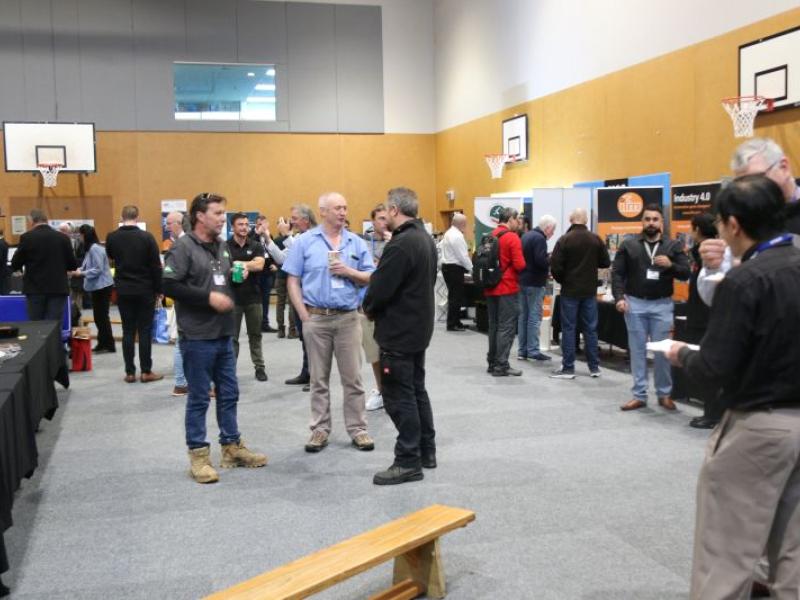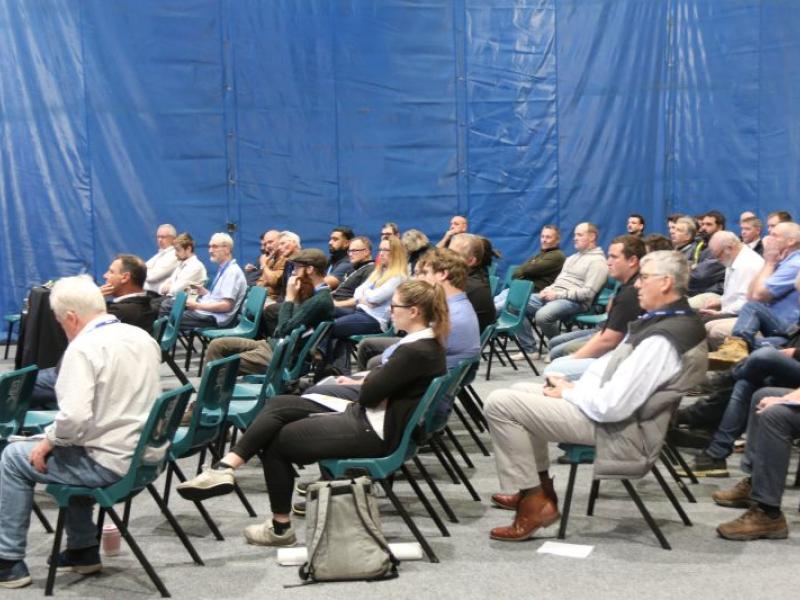Find out at NMEC 2018
You may have seen the increasingly regular headlines covering cyber attacks, such as the widely reported CryptoWall 3 and last year’s WannaCry ransomware that infected hundreds of organisations around the world. For some it took them weeks to return to normal, but casualties include loss of reputation, environmental impacts, production and financial loss, and even human injury.
While these two well-publicised cyber attacks targeted weaknesses in PC’s, they were new threats that impacted a wide variety of business and control systems.
Another lesser known cyber strike was Mirai – a form of malware that infects “Internet of Things” (IoT) devices. The Mirai malware is simple; all it did was scan devices on a network that used default passwords and infected thousands of routers. So basic security steps (not using the default password) could have prevented Mirai from wreaking the havoc it did.
Failure to adapt to the changing cyber threats and vulnerabilities will leave the controls world exposed to increasing cyber incidents.
Modern control and safety systems are now the heart of any modern processing plant. As the thirst for data and business information has grown so has the interconnectivity of these systems. With increased connectivity, the development of the Industrial Internet of Things (IIoT) and cloud computing comes cyber threats that are multiplying.
For a long time the management of industrial technology was the domain of control system engineers operating in closed isolated networks with little or no consideration for security.
Ubiquitous networking technologies, the thirst for data, and the onset of the industrial internet of things has changed all this. Connectivity of industrial networks to wider networks is now commonplace, and assets traditionally disconnected from widespread communication networks could now be vulnerable. These vulnerabilities introduce new operational risks which require new thinking and techniques to manage these new risks.
While some technological specifics are needed, cyber security management requires thinking from the board room to the server room. The IT team has a role to play but the operational environment demands high availability and critical asset management which needs a considered approach.
At NMEC 2018, Rob Ingle, IC&E Engineering Manager at WorleyParsons New Zealand will challenge your thinking on Cyber Security: what is your understanding of your industrial technology, how it is changing, explain the state of industrial cyber security, some key first steps to securing your plant control system, and what the future of industrial networks holds.
For more information contact:
Barry Robinson, Chairman, MESNZ
Phone 027 286 4722 Or
Chris Thomas, NMEC






